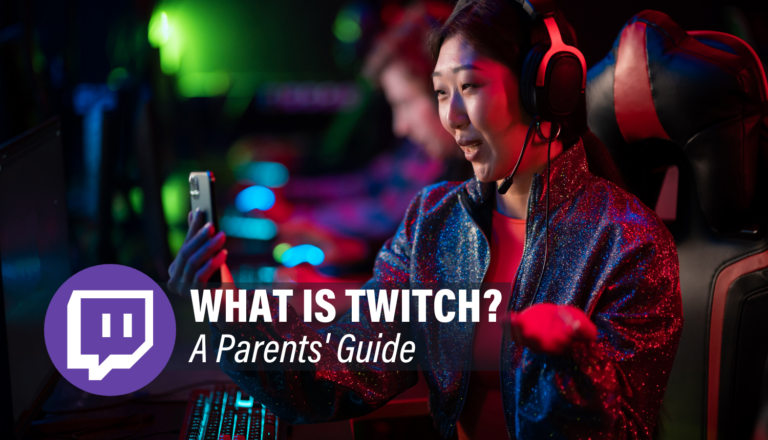
What is Twitch? A Parents’ Guide
This popular app and site are actually something kinda like YouTube, only with a predominantly streaming slant. And it has a central focus on video games.

This popular app and site are actually something kinda like YouTube, only with a predominantly streaming slant. And it has a central focus on video games.
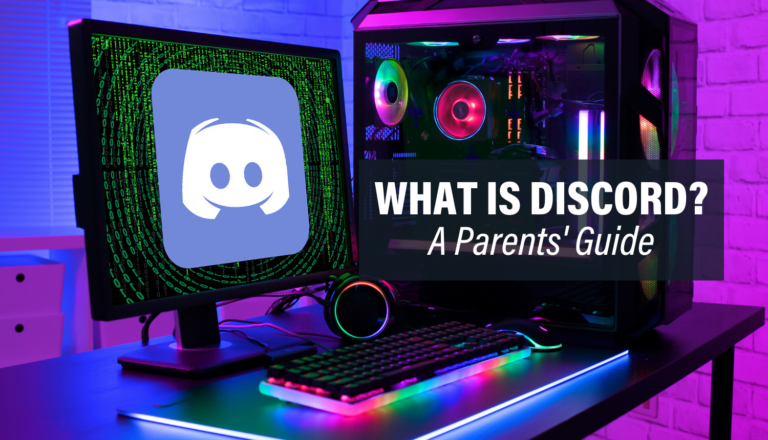
With top secret documents recently leaked on the platform, Discord seems aptly named. Here’s what parents need to know about the app.

We’ll tell you about all our biggest media mistakes and what we might do differently if we had another shot at it.

As we continue to lament how violent our culture is these days, I think we need to keep franchises like John Wick in the picture, too.
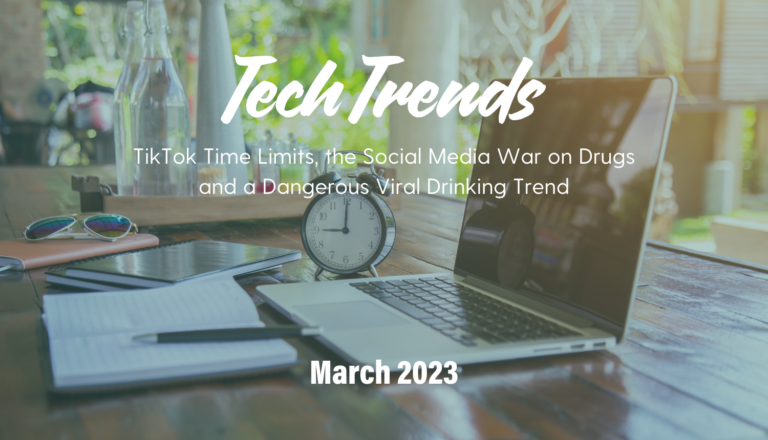
Learn about March 2023’s social media trends, a dangerous viral drinking technique and how drug dealers are reaching clients with QR codes.
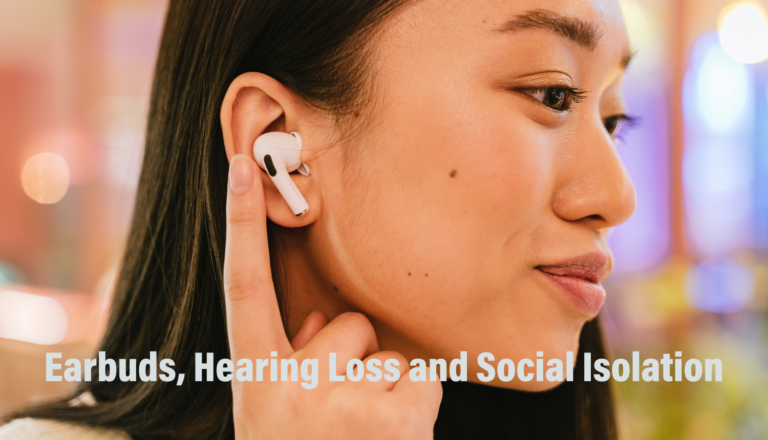
Personal listening devices are negatively impacting our ability to hear. But they might also be affecting our ability to listen.
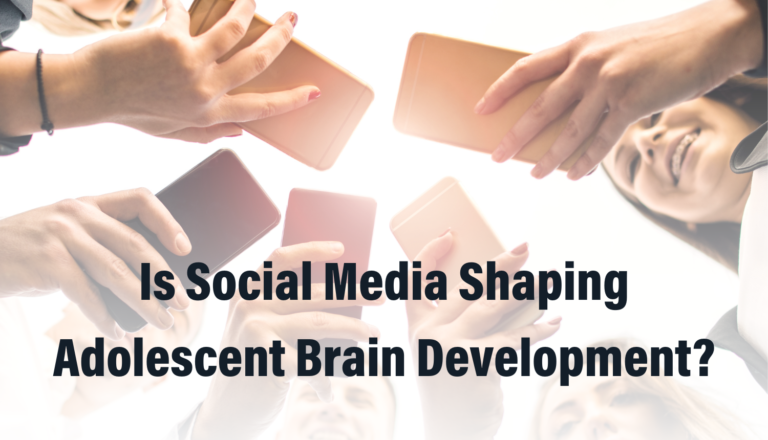
Whether we like it or not, we can confidently state that kids’ constant exposure to screens and social media is having a tangible impact on them.

We have a lot to protect our kids from in entertainment and technology. But another, not-so-obvious issue lurking? It’s the Gospel of Stuff.
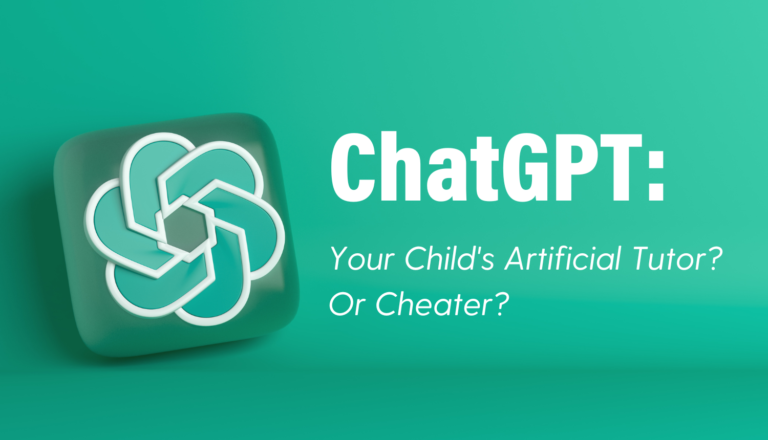
ChatGPT is already revolutionizing the academic world. But what does that mean for your child’s education?
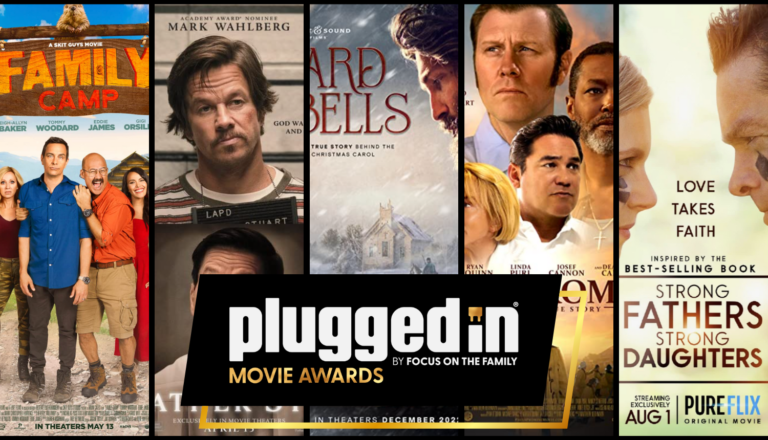
The nominations for the Plugged In Movie Award Best Christian Movies are in. Be sure to watch our livestream of the show at 10AM on March 7!
Good media discernment is about guarding our eyes and hearts before we watch or listen. And it’s also about grappling with the entertainment we do see or hear. That’s why the Plugged In Blog is devoted to guarding, discussing and grappling. About Plugged In >>